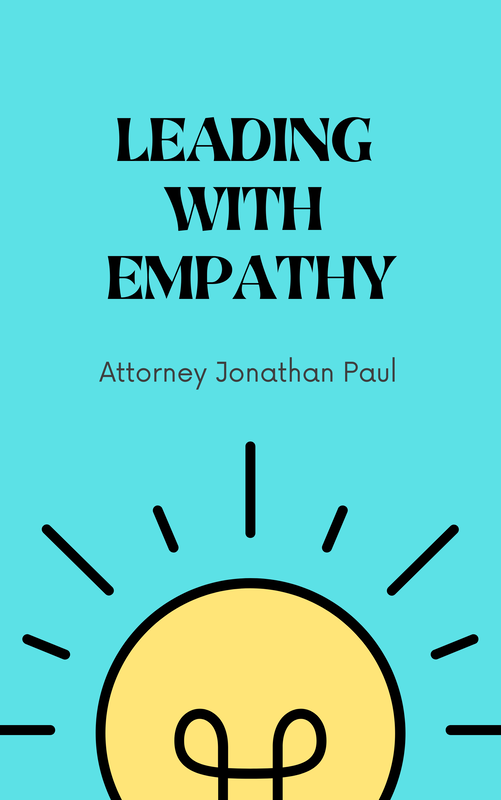Leading with Empathy - Step #6The goal for every case is for the client to receive individualized consideration, and to be treated like a human being. All too often, the court and prosecutor view each case as an object with a name and a charge without regard to the person behind those data points. It's simply easier, more efficient and the status quo when charged with a crime.
Nobody will ever admit to this reality, but I have been on both sides of cases as a prosecutor and defense attorney, and it happens every single day. Most judges and prosecutors don't even look at your file until the day of court and read the police report as the gospel and make quick judgements. When faced with this reality, it creates uncertainty, and we make choice to try a different approach and find our vision; our goal is to turn you, the client into a person, and no longer an object. The court and prosecutor view each case as a "problem"; someone who did something wrong showing up at court to be handled and processed. When a crime happens, it's natural to blame the person, but a problem is something you solve and make go away; you can't do that to a person, but courts and prosecutors will try; they will send folks to jail and brand them with a permanent record; that is the status quo for someone charged with a crime. There is a reason why prosecutors and judges are stressed out; they are ruining people's lives and doing it because they believe it is the only option; they are injuring themselves by injuring the defendants who appear in their courtroom. It takes a huge toll on everyone, and it bleeds into other cases; it's a vicious cycle. We must seek individual consideration for your case, which will help create collective consideration for all parties. Every client wants to be loved, cared for, listened to and valued when they are in their most vulnerable state; a criminal case has flipped the world upside down, and the last thing someone needs is to be kicked while down. We must seek to break the code, we must lead with empathy, and scale empathy across the entire case from the judge, prosecutor, police, probation and the community. Real life example of individualized consideration There are certain courts where a judge has a reputation for treating clients like objects; they barely look up and rarely make an eye contact with the defendant. They speak quickly, raise their voice and snap back if someone other than them wishes to speak; they suck up all the energy in the room and create maximum tension for everyone involved. Judges like this should not be on the bench, but it's up to the voters to remove them; unfortunately, these judges tend to campaign on the "tough on crime", and if you're not charged with a crime then someone who is tough on it, seems like the best fit to be a judge for your community. The goal is to slow things down and make a judge shift their mindset from object to person, and to resist the temptation to "make it go away", but instead to embrace empathy and help the client succeed beyond the case. All my clients are proactive from day one, and spend weeks, if not months helping their case outside of the courtroom. Equally important is sharing this progress with the prosecutor and judge ahead of time, and verify they have reviewed it, and considered the progress. No matter how tough as nails and inconsiderate some judges may be, taking the time to send them an organized packet of progress on behalf of my client and going through it step by step with the judge is going to elicit a positive reaction. I've broken through with some of the toughest judges by having my client ultra-prepared and documenting their impressive progress. We may still get a cold bench with little interaction, but the judge will acknowledge everything the client has done and will provide them individualized consideration outside of the status quo. Comments are closed.
|
Available on AmazonJonathan Paul- X-Prosecutor |
